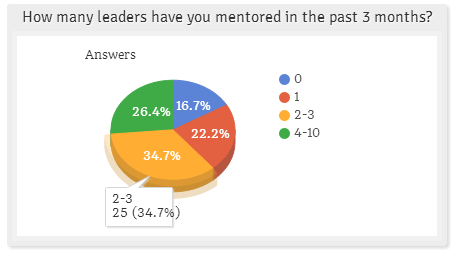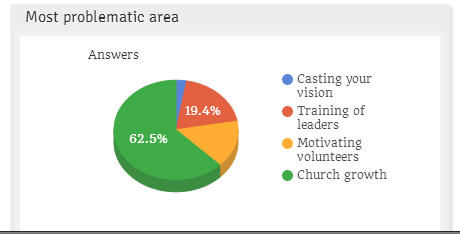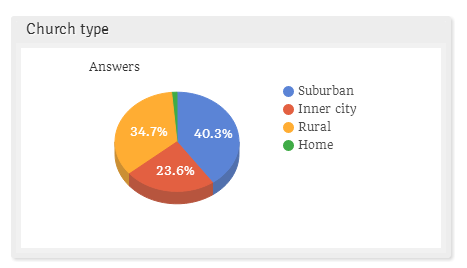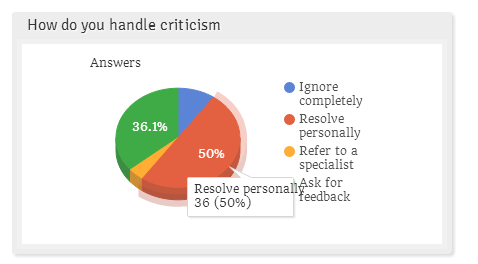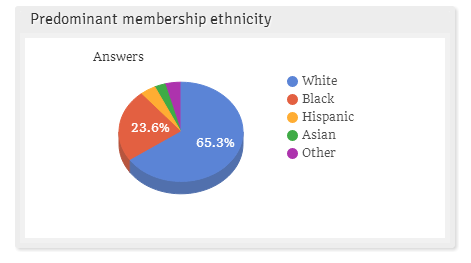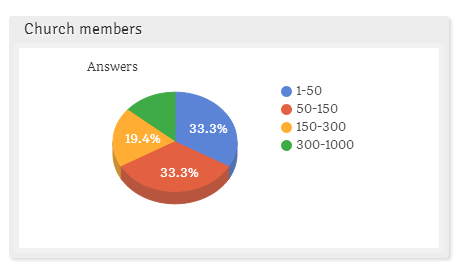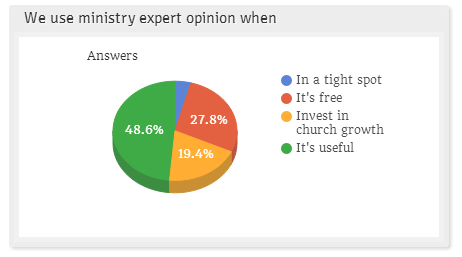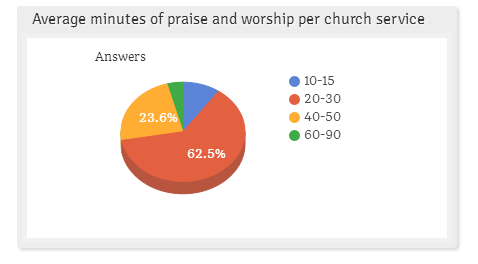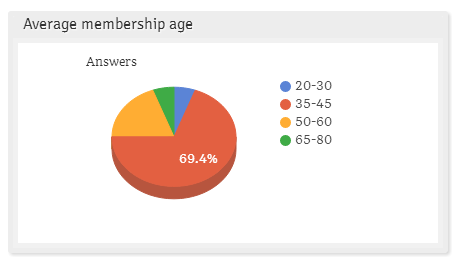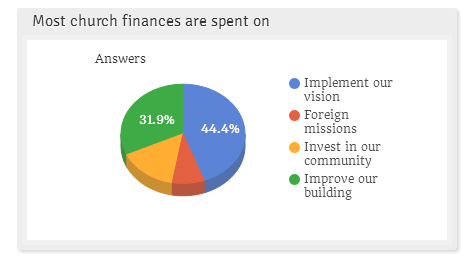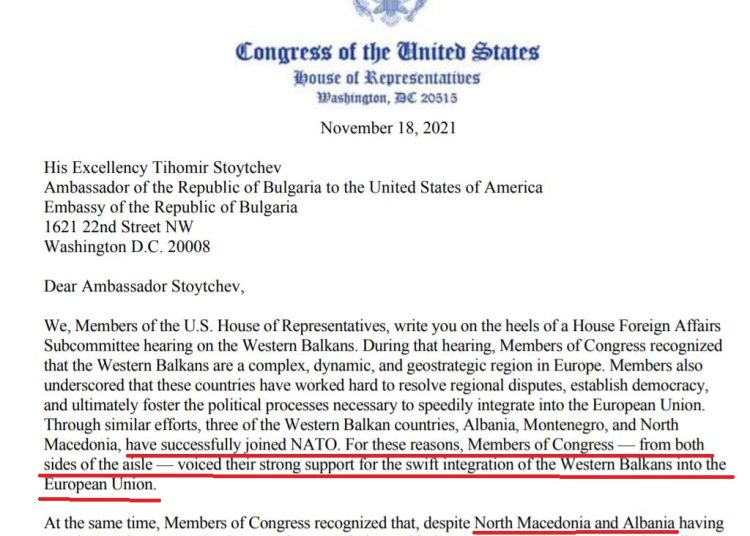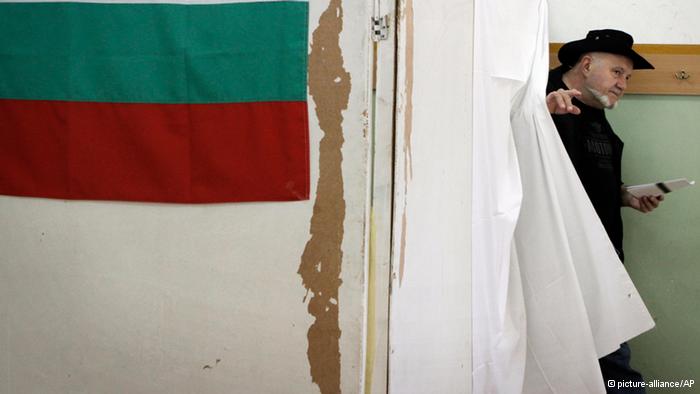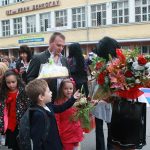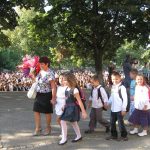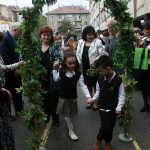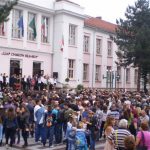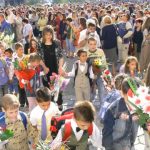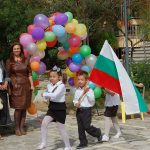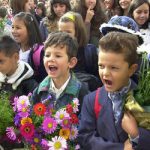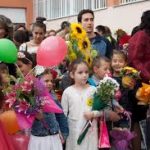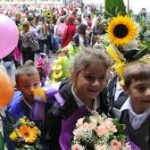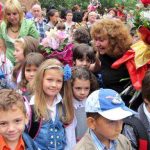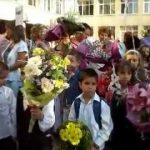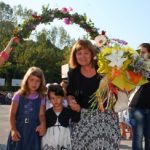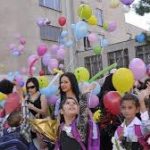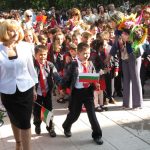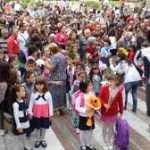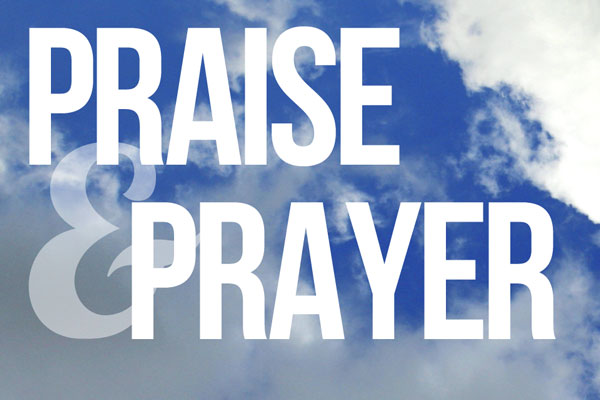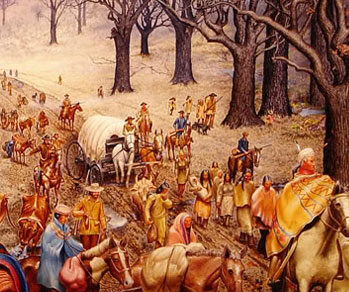BLACK FRIDAY BOOK SALE
All books by Cup&Cross on SALE
Final clearance sale for the year with new titles coming up in early 2021
CLICK the picture below to view all titles on Amazon.com
Bulgaria Set for Yet Another Election in the Spring of 2022
Current Socialist Bulgarian President won a second term with the overwhelming support of President Biden. However, during the election debates, President Radev slipped and claimed the Ukrainian Crimea belonged to Russia. By the time the election results were finalized on Monday, both the European Union and the U.S. Embassy in Bulgaria issued notes of warning stating that, Crimea is part of the Ukraine and is currently under Russian occupation. Also on Monday, U.S. Congress forwarded a letter to the Bulgarian government for an immediate decision on the acceptance of Macedonia in the European Union.
These escalations occur in the midst of Bulgaria unable to form a government after three consecutive elections in 2021. As it is highly improbable the current election winner with only 26% will be able to form a government without a political majority, another election may be on the horizon of 2022.
Apart from the Crimean and Macedonian questions, the next Bulgarian government has committed to President Biden’s tri-sea initiative leading to most drastic political restructuring as follows:
1. Accepting the cross-gender Istanbul Convention
2. Pushing Bulgaria toward military involvement in the Crimean Crises
3. Opening Bulgaria as a regional big-pharma hub for modern vaccine testing
Changes in the Bulgarian Constitution may push the country from Parliamentarian to a Presidential republic alike the Russian model set by Putin’s “democracy.” But before all this happens, an actual government will have to be formed in the midst of a very cold winter with rising gas prices and electricity prices already increased by some 30%. Drained by the 2020 pandemic and with no government help or any tax break, the evangelical churches in Bulgaria are not prepared for any of these new challenges.
Bulgaria: What to Watch for in the November 14 Elections
Although the third for the year, on November 14 for the first time the elections will be 2 in 1 – for president and MPs. The vote is taking place at the peak of the fourth wave of coronavirus in Bulgaria and anti-epidemic measures will again be observed, and the number of those who voted with a mobile ballot box will be clear on election day.
For the second time, the voting in the sections with 300 and more voters will be only with machines, but for both votes the voting procedure will be with one device, and it will be necessary to indicate what to vote for and wait for the printing of two receipts. Therefore, it is expected that the process will be slower, and if the cases of patients in the coming days increase – this will affect the turnout.
In front of the voters
The third election of the year will be held at the peak of the fourth wave of the coronavirus epidemic, which may be a cause for concern among some eligible voters. For now, there will be no stricter anti-epidemic measures in the polling stations and they will remain known until now – wearing masks, disinfection, distance and frequent ventilation in the premises. From the previous two votes it cannot be concluded that the incidence will be denied by voters, as on April 4, when the peak of the third wave was, voter turnout was 50.61%, while on July 11, when there were few registered cases – only 42.19% .
Quarantined voters will be able to ask to vote with a mobile ballot box at the address where they are isolated, even on election day. It would be an obstacle if by the day of the vote in a given settlement there is no section for quarantined, as a condition to have only 10 applications submitted before. However, the Central Election Commission did not know whether it would be possible to open so many quarantined sections in recent weeks.
For the first time this year, the elections will be 2 in 1 – for president and MPs, which could lead to delays and queues in some sections. In the sections with 300 and more voters, the voting is only with machines, and the voting time is expected to be 5 minutes again.
There are two points that a voter using a device should be aware of. The first is at the beginning, when the machine asks which type of election the voter wants to vote for and whether for both – he/she can mark once and by continuing, confirm, after which he/she has no right to correction. The second is when printing the segments with the choice at the end – if the voter has exercised his/her right to vote in both votes, he/she must wait for the machine to print two receipts – one short and one longer, and pull them out after hearing a beep. If it does so while printing, the machine may lock.
The voter will also have a problem if he/she decides to take pictures of how they vote, as the recording of the vote is prohibited and the sanction is BGN 1,000.
Possible problems for the election commissions
There seem to be two main challenges for sectional election commissions – one is related to the machines and the other is to the counting of the voting receipts.
The problems with the machines can be of different nature – technical malfunctions, errors in the lists as on April 4 in Veliko Tarnovo, when there were exchanged names and numbers in one of the candidate lists, errors in cleaning, which can only be done with alcohol, etc. . A technician will be available, but if the fault is not rectified, a paper ballot will be put to the vote following a decision by the district or central commission.
Difficulty and delays in reporting the results would be caused by the decision to count all machine voting receipts, which were taken by the Central Election Commission but revoked by the Supreme Administrative Court. The commission should now determine in how many and in which sections the control receipts should be counted, and the result will be taken from the protocol printed by the machine, and the result of the control count will not be entered in the protocol.
However, the count will slow down the section commissions where it is done. After the end of the election day, the commissions will have to open the box with the receipts, divide into two piles those for the presidential and those for the parliamentary vote and then count, without taking into account the preferences for MPs. According to experts, voluntary or unintentional human errors are possible during the counting, as well as manipulations by destroying part of the receipts. This will certainly delay the transmission of the results to the district election commissions.
Trends and Issues Affecting Asian Missions and The Next American Spirituality
September 30, 2021 by Cup&Cross
Filed under Events, Featured, Missions, Publication
“Three Trends and Three Issues Affecting Asian Missions” and the figures given by David Barrett present a Macedonian Call to 3.7 billion people with some 9% Christians, which is no small issue in global missions today. At the same time, America becoming the third largest mission field in the world is the obvious antipode of missionary need in the Western hemisphere. The parallels in post-modernity are many.

About 20 years ago, a book called “The Next American Spirituality” summarized the culture of today’s American spirituality and its relation to the apostolic church. The main question is, “What would a theology of the church look like that took seriously the fact that North America is now itself a mission field?”
To answer the question, Gallup and Jones examined how America does Biblical spirituality, using the gathered data to analyze its shift and direction. According to their survey, the marks of the next American spirituality were going to be (in short):
- Bull-market church growth
- Self-centered religion of me and thee
- Hunger for experience – any experience
- Search of roots amid the relativism
- Quest for community resulting in self-belongingness and self-realization
In our current context of ministry two decades later, all of the above signs are evident and true. This is due on hand to the constant shift in the cultural paradigm, as well as the obvious shift in the identity and practices of the Christian church in the postmodern context. It almost seems like instead of being the model, the church is following a model, which not only changes the churches identity but interferes with its original evangelistic goal and global mission.
First Day of School in Bulgaria
2021 Prayer Meetings and Testimonies
A second round of 2021 elections in Bulgaria is scheduled for July 11, 2021. With this unstable political situation, our churches and adherents in the country are rightfully feeling the time for fervent prayer is at hand. As many other ministries, we have been too holding virtual prayer meetings online. But with everything happening in Bulgaria right now, it was much needed to dispatch team members in various directions as a response to several urgent prayer requests.
Several Mondays in a row now this summer, following the regularly scheduled Sunday services, our people have been gathering to pray and anoint one for another, serve Communion in key locations around the region. With pandemic regulations threatening to tighten once again after the elections, this small window of open air ministry has proven quite beneficial. Several healings were reported from small villages on the rout after prayer for the sick and anointing was conducted. In another place, a meeting place became available with the assistance of local regional government. The committee members that made this happened then requested prayer for their families, businesses and the whole village.
It will be an overstatement to say, that both prayer and answers have been much needed after the last year of pandemic shutdown. We are excited with anticipation for the upcoming Anointed Prayer Communion meetings scheduled for July 4th with a break for the July 11th elections, and then again with special gathering on the 19th. We continue to pray and wait on the Lord for provision of a more central location well our several ministries can gather and operate again independent from the ongoing government regulations.
Historic Trail of Tears Connects Polk Homeschool Families
Historic Trail of Tears Connects Polk Homeschool Families
by Dr. Dony & Kathryn Donev, M.A., LPC, RTP
During the past 10 years Polk County, TN has seen a shift in its demographics with an insurgence of families from New York, Florida, California and even Eastern Europe. The latter location is perhaps overlooked not officially recorded having the most complex reasoning behind the numbers. One explanation could be adoptions or perhaps another could be due to immigrants being attracted to Gateway Cities. Such are the larger towns as Bonita Springs, Cape Coral, Fort Myers and Sanibel areas of Florida. In California these would be Cerritos, South Gate, Long Beach or Sacramento. And of course New York City provides the ultimate gateway. Therefore, these individuals are simply recorded as being from these Gateways.
Many of these families which have sought refuge, so to speak, in rural areas are ones that homeschool. But this is not the reason for this article; for it is only natural that one leaving a busy urban area would naturally want to get away from all aspects of city life and create a more intimate learning experience for their children. Such is readily available through the natural amenities and safe seclusion along the original Trail of Tears which had many routes and roundup or dispersion points other than the three main roads which are thought of first. One of them just happens to be in Polk County, TN described below.
The Georgia Road or present day Federal Road was a route of the Trail of Tears with the Tellico Blockhouse as its starting point. The route ran from Niles Ferry on the Little Tennessee River near the present day U.S. Highway 411 Bridge, southward into Georgia. The road continued southward via the Federal Trail connecting to the North Old Tellico Highway past the present site of Coltharp School, intersected Tennessee Highway 68 and passed the site of the Nonaberg Church. East of Englewood, Tennessee it continued on the east side of McMinn Central High School and crossed Highway 411 near the railroad overpass. Along the west side of Etowah, the road continued near Cog Hill and the Hiwassee River near the mouth of Conasauga Creek where there was a ferry near the site of the John Hildebrand Mill. From the ferry on the Hiwassee River, the road ran through the site of the present courthouse in Benton, Tennessee. It continued south on Welcome Valley Road and then crossed the Ocoee River at the Hildebrand Landing. From this point, the road continued south and crossed U.S. Highway 64 where the Ocoee Church of God is currently located. Proceeding south near Old Fort, the route crossed U.S. Highway 411 and came to the Conasauga River at McNair Landing. Near the south end of the village of Tennga, Georgia stands a historic marker alongside Highway 411, which states the Old Federal Road was close to its path for the next twenty-five miles southward. This is some 15 miles from the historic Chief Vann Plantation. It would have been at this point in Tennga that the Trail of Tears would have taken a turn onto GA-2 passing the Praters Mill near Dalton Georgia to connect in Chattanooga.
The reason for this article is to make the connection which goes deeper than simply establishing the Hildebrand Crossing route with Welcome Valley and Old Federal roads as the connecting path of one of the last detachments of approximately 1,200 with the original Trail of Tears. A careful reader would quickly discern the obvious geosocial connection between the new homeschool families in the Polk area and the historical Trail of Tears, which was brought to light in a recent discovery in the Polk County TN Homeschool Network. Nearly a dozen of these families, which in the last decade made their journey to rural living in Polk County live nowhere else, but along the historic trail. Coincidence? Perhaps. Planned? Doubtfully so because most were not aware of this information as this route of the Trail is not a popular one and as such has remained virtually enigmatic. Now, we are in a quest for the logic behind such happening as well as to see if there are other Polk Homeschoolers that happen to also live along this route. If you have any contributing information to this ongoing project, we would love to hear from you. Visit us at www.PolkHomeschool.com or reach out to [email protected].
Cup & Cross Great Kinder Joy EASTER Egg Giveaway
 Cup & Cross Ministries in corporation with the Polk County TN Homeschool Network has partner with the FLIP Kids Program in Polk County, TN to have a Great Kinder Joy Egg Giveaway. Over 200 chocolate eggs will be given away to the children in the FLIP Kids Program this Easter season. No need to social distance in this egg hunt, the hunt will be delivered to your door. Each egg has chocolate and it’s own “Incredibles” Movie character surprise toy along with scripture reminder of the Resurrections from Acts 26:8.
Cup & Cross Ministries in corporation with the Polk County TN Homeschool Network has partner with the FLIP Kids Program in Polk County, TN to have a Great Kinder Joy Egg Giveaway. Over 200 chocolate eggs will be given away to the children in the FLIP Kids Program this Easter season. No need to social distance in this egg hunt, the hunt will be delivered to your door. Each egg has chocolate and it’s own “Incredibles” Movie character surprise toy along with scripture reminder of the Resurrections from Acts 26:8.
“..it [is] incredible that God raises the dead.”
For more information go to cupandcross.com or polkhomeschool.com
National Church Survey to Reveal State of the American Church in 2021
National church survey reveals important data about the state of the church in America today
The survey has been conducted for the past several years in several hundred congregations from all denominations across the United States. All collected national trends provide information about essential ministry dynamics and characteristics of the local congregation like:
- Church Type & Membership
- Teams & Leaders
- Praise & Worship
- Pastoral/Personal
- Mission & Vision
Subscribe to ChurchInfluence.com weekly newsletter to receive free each published report containing important information about current church trends in America today.
Sample reports from the national State of the Church survey include:
- 5 common church types across the nation
- 3 financial characteristics of the average church in America
- College education take over church leadership
- 4 leading types of pastor’s teams
- The growth of congregational ethnicity
- 6 dimensions of leadership training for small churches (80-120 members)
- Top 3 problems in church growth
- 8 Successful strategies to communicate with your church volunteer teams
- 4 age groups within the make of church membership
- 7 factors that make your congregational ethnos
- 20th century paradigm for church training still used today
- How can you improve worship within a church service
- 5 ways to improve how the community views your church
- 3 successful ways how to really spend half of your time in prayer and meditation
Though, the majority of participants were among Western North American Pentecostal/Charismatic congregations, the National State of the Church Survey brings results of the state of the church much similar to the ones presented by the Pew Forum, Barna Research Group and Gallup. While the said researchers present a more holistic to the Christian body information, the National State of the Church Survey brings a special focus of statistical data on Pentecostal/Charismatic congregations, their structure, leadership and praxis.
